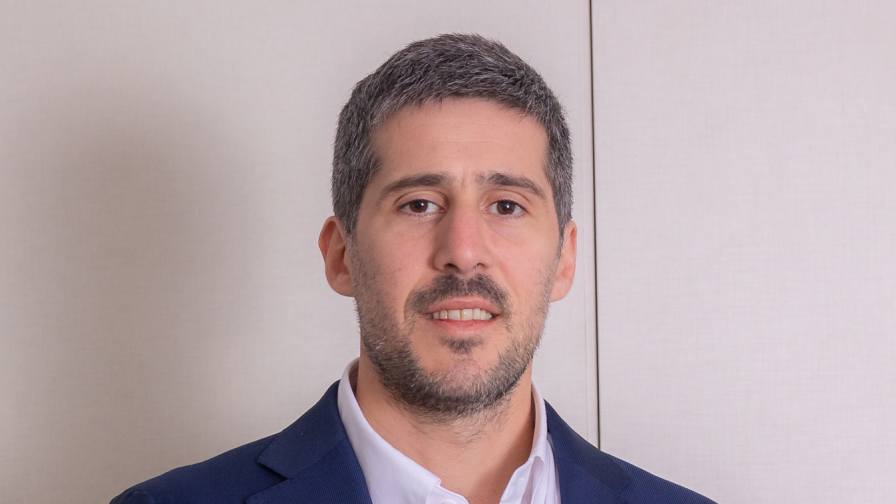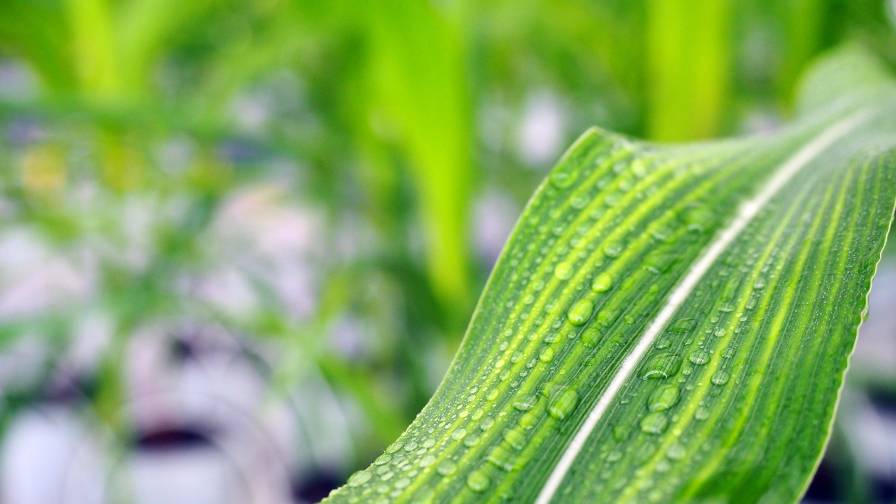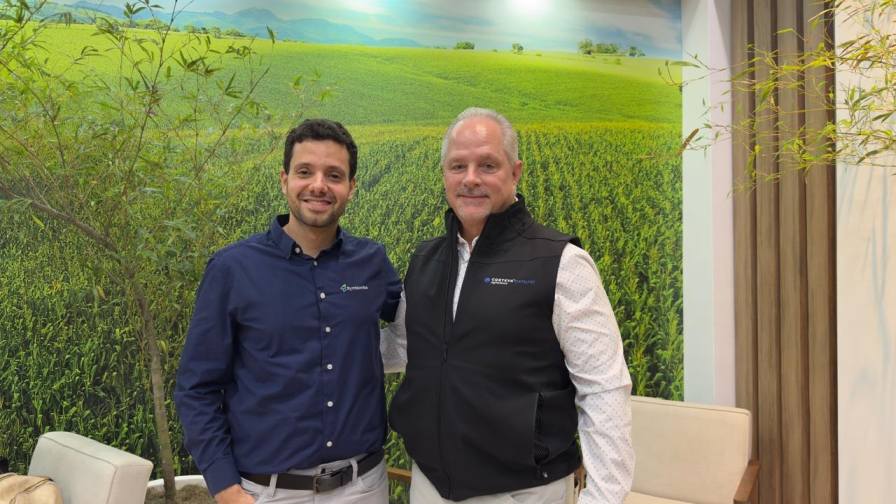Meghmani Organics Uses Backward Integration to Avoid Supply Chain Disruptions
The Meghmani Organics Limited (MOL), an agchem manufacturer in India, offers insecticides, herbicides, and fungicides to customers in 90 countries. With all the supply chain issues in recent years, the company shares with AgriBusiness GlobalTM how it remains consistent for customers.
ABG: What immediate challenges do you see affecting the agrochemical industry in the next year?
MOL: There have been a lot of supply disruptions on account of macro-economic factors like COVID-19 pandemic and the war between Ukraine and Russia, which has triggered oil prices to rise to all new levels affecting the raw material prices. Even exchange rates have been very volatile.
This has resulted in gaps in production and demand of technical grade products. These gaps are mainly the result of underutilized production capabilities due to dependency on Chinese raw material and logistical challenges. The lockdown in China, shutdowns of plants due to stricter environmental and regulatory norms, and reduced container rotation has resulted in cascading effects on production and logistics. Inventory management and delivery forecasting will be crucial for the rest of 2022. Duties imposed on China have further adversely affected the prices forcing the suppliers to stock products rather than sell at a price lower than the production cost.
ABG: How is your company handling these challenges?
MOL: We are using the strategy of backward integration for major raw materials, which has helped us reduce dependency on outside sources for raw materials and stay competitive with consistent supplies. We are also managing inventory by actively reviewing raw material stocks, and maintaining stocks at an appropriate level, to avoid any supply challenges.
MOL practices demand forecasting by following various customer requirements across the globe and aligning the production and logistics to bridge any gaps.
ABG: What changes do you see affecting the industry for the next 10 years and beyond?
MOL: Climate change and the reduction of carbon footprint have been the burning topics since the start of 2022, and manufacturers are now focused on more sustainable practices. With reduction in arable land due to industrialization and reduced soil fertility, strict pollution norms have been introduced by governments focusing on reducing the carbon emissions. Various products have been included in the ban list, and have been stopped, or are going to be stopped, in the due course of time by various countries. Companies and governments are moving toward greener technologies or new molecules.
ABG: How is MOL responding to this long-term change toward sustainability?
MOL: Our research and development center is a Good Laboratory Practice (GLP) lab for improving our products by continuous process improvements and accredited by the National Accreditation Board for Testing and Calibration Laboratories (NABL) Laboratory, which helps us in supporting data requirements. We are also focusing on adding off-patent products to our product basket. And as a manufacturer, MOL is focused on a reduce, recycle, and reuse approach at each of the operational activities.
ABG: Do you have any new products coming out?
MOL: We are adding nine new molecules and are working on different mixtures for formulation products. MOL is also planning to invest US $100 million capital expenditure on expansion and new production facilities for different products.






